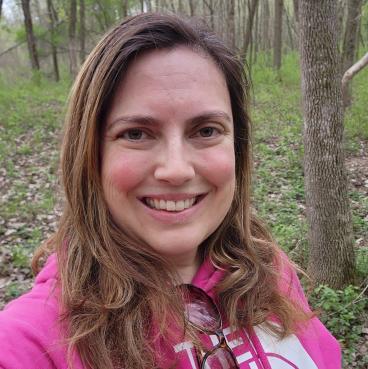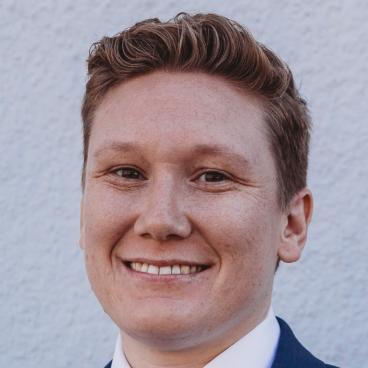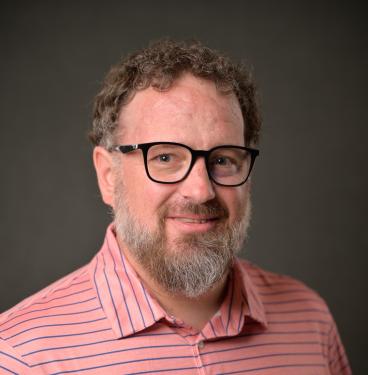Research professionals have a wide range of roles and responsibilities at the University of Minnesota. In health research and clinical trials, research professionals provide a vital connection between the investigational team that is leading a study and the participants who are enrolled in it.
In advance of Clinical Trials Day on May 20, three University research professionals shared their thoughts on what they find most rewarding and fulfilling about being involved in research.
Helping to advance medicine and healthcare

“Being involved in research is incredibly rewarding as it enables me to contribute to the development of new treatments and therapies that improve the lives of people in our community,” said Nicole Tosun, MS, CCRP, senior clinical research specialist in the Research Prep Group at CTSI.
“Witnessing the impact of research findings on participant outcomes is immensely fulfilling because it highlights the tangible benefits of the work we do,” said Tosun.

Elizabeth Ramey, MS, CCRC, shares that sentiment. She is a senior regulatory manager in the Department of Pediatrics at the Medical School.
“A career in research has given me the opportunity to be a part of the advancement of medicine and healthcare while also seeing impact on those that participate,” Ramey said.
Collaboration and teamwork
Numerous studies have demonstrated that effective teamwork is essential for constructing a more effective and patient-centered healthcare system. Working in effective teams improves clinical outcomes, increases professional satisfaction, and provides crucial peer support.

“I work with an incredible group of individuals who have made it feel more like building a large family than work,” said Brian DeVries, a research coordinator in the Department of Rehabilitation Medicine. “The mentorship and support from my core team has been amazing and inspired me to want to learn more in my role and be as knowledgeable and dependable as possible.”
“Collaborating with multidisciplinary teams and having the opportunity to continuously learn and grow in this field further enriches the experience,” said Tosun.
“Critical thinking, learning and passion drives my work, but it is not in isolation,” said Ramey. “This work takes a team of caring, knowledgeable and dedicated individuals, which I am so fortunate to work with.”
Making a difference and improving lives
People participate in clinical trials for a variety of reasons, and research professionals play an integral role in engaging, recruiting, and retaining participants. According to respondents in the 2023 Perceptions and Insights Study conducted by the Center for Information and Study on Clinical Research Participation (CISCRP), the top three perceived benefits of participating in research are to:
- Advance science
- Help save or improve the lives of other patients
- Help improve my disease/condition.
While some research professionals see direct impacts with the individual participants they work with, others focus on research at the community or population level.
“I have been given great opportunities to work on research across multiple areas including pediatric, rare disease and maternal health in those that are incarcerated,” said Ramey. “This includes working on investigator-initiated and multi-site studies, where I collaborate with investigators, community partners and research teams across institutions to make the research a success.”
“I am currently running a drug study pertaining to severe neuropathic pain in individuals with spinal cord injuries,” said DeVries. “I strive to provide the best experience for each study participant as this may be their last-ditch effort for any decrease in pain. If the study cannot provide them results, the least I can do is provide them with a positive experience."
Clinical trials are celebrated every year on May 20 because they are essential for the development of new treatments for diseases, along with new ways to detect, diagnose, and reduce the chance of developing the disease. Every new medicine and treatment started with volunteers participating in clinical trials.
Health research study participants are always needed and participation can make a big difference: it could benefit a friend, a family member, or someone across the world. If you're interested in participating in health research, visit the University of Minnesota StudyFinder website.
